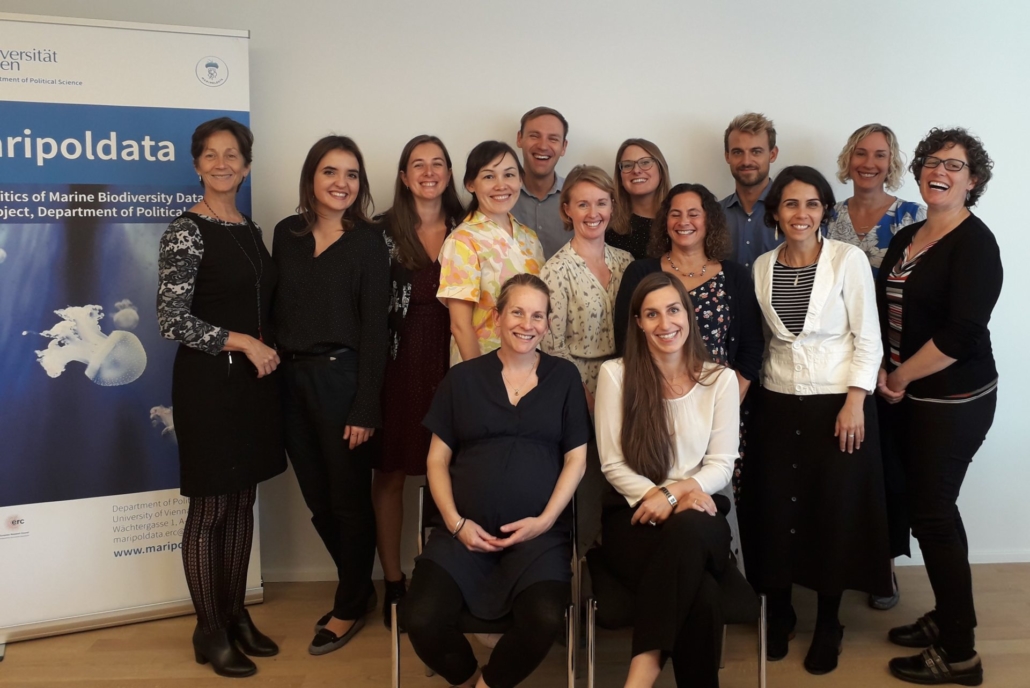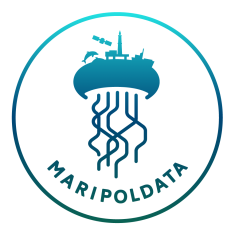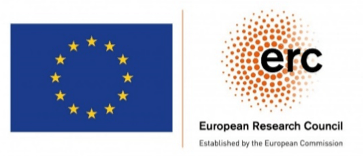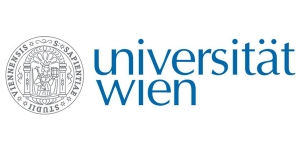MARIPOLDATA Methods Workshop
On the 10th and 11th of September, the MARIPOLDATA project hosted a workshop on conceptual and methodological frameworks and approaches for research at global environmental negotiations. The workshop built strongly on the work by Hughes and Vadrot on Methodological Innovation in the Study of Global Environmental Agreement Making and was held in relation to the research conducted by the MARIPOLDATA team at the ongoing Intergovernmental Conference on the conservation and sustainable use of marine biological diversity of areas beyond national jurisdiction (BBNJ) in New York. Scholars from different parts of the world and different disciplines came together to bring their experience in global environmental negotiations to the table to develop methodological innovations. Postgraduate scholars had the chance to discuss interactively their needs and perspectives with the experienced academics. The goals were defined in regards of the research that the MARIPOLDATA team is conducting at the BBNJ negotiations: To develop methodological innovations that may transform how we collectively study global environmental agreement making, while also giving practical guidance for early career researchers and others interested in the study of environmental meetings. The insights generated in the interdisciplinary and very interactive workshops can be applied throughout the investigation process that the MARIPOLDATA team undertakes at the BBNJ meetings.
Tracy Bach (Vermont Law School) and Beth Martin (Washington University) presented a text on the practicalities of being an observer, introducing the particular and sometimes overwhelming aspects of international negotiation sites as research spaces. Their contribution helps future researchers to navigate not only the physical but also the intellectual negotiating spaces.
Jen Iris Allan (Cardiff University) and Pamela Chasek (Manhattan College) drew from their vast experience as authors and managers of the Earth Negotiation Bulletin in order to deliver a contribution overviewing the various types of textual documents that are available in the process of international environmental negotiations and how to approach them analytically.
Yulia Yamineva from the University of Finland shared her experience in conducting interviews at international environmental negotiations. Because interviewing diplomats during ongoing negotiations underlies different methodological challenges such as very limited and often spontaneous availability of the interviewees, researchers that want to conduct and use interviews need to take into account some common pitfalls and tips that were mentioned.
On the second day, Marcela Vecchione Gonçalves from the Center for Amazonian Studies at the Federal University of Pará shared her insights on the ethics of researching indigenous peoples’ representation at international meetings. Indigenous peoples are increasingly represented at international negotiations concerning the climate, biodiversity and the oceans and researchers should approach them as subjects of policy-making, taking indigenous understandings of cosmopolitics seriously.
Kim Marion Suiseeya from the Northwestern University explored the opportunities that ethnographic research provides for studying international negotiation sites and highlighted the importance that researchers iteratively reflect on their work and their subjective interpretation of their observations.
Noella Gray from the University of Guelph contributed with a view on collaboration and multi-sited ethnography. Sharing her extensive experience in collaborative projects, she emphasized that coordinated research in a team has a number of advantages that go beyond the increased number of ‘eyes and ears’ at the research site.
Jennifer Bansard from the University of Potsdam contributed with a text on how to approach side events, issue-specific events taking place outside but parallel to the negotiations, at international environmental negotiations. Side events could be studied either as objects of research or as sites for data collection both of which approaches require different practical and methodological considerations.

Group picture of the participants of the MARIPOLDATA Methods Workshop
In the subsequent roundtable all participants discussed lively why this sort of research matters and may matter increasingly as more and more international bodies are being created. They also discussed what steps the group needs to take next in order to further the methodological conversation and realize the practical guide for young researchers. All scholars left with many ideas and suggestions for collaborative projects in the future.
On Thursday, Marcela Vecchione Gonçalves concluded this eventful week with a public presentation on the situation of indigenous people, land and climate politics in Brazil. While the diverse audience listened attentively, Marcela Gonçalves demonstrated impressively how seemingly local struggles between indigenous land holders and agricultural corporations in the Amazon region are interrelated with political struggles on the national level – not only in Brazil but in European countries as well – and international environmental negotiations.


